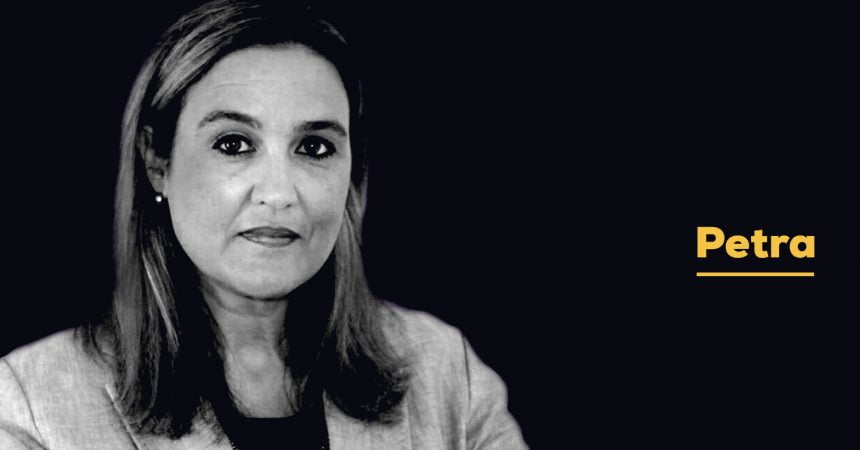The three men accused of carrying out the murder of Daphne Caruana Galizia were first arraigned in court on 5 December 2017, at around 10pm.
That evening I happened to be having an early supper with two friends and Caruana Galizia’s husband, Peter. On receiving the phone call that the arraignment was imminent, we all left and went straight to Valletta. We parked and walked through the empty, dark streets towards the law courts.
The main doors had been opened and we went straight upstairs into the court room. There were journalists at the back. The atmosphere in the room was apprehensive, edgy and tense.
The three men were led to their places, facing the magistrate. They stood there and stared ahead, stony-faced and silent. When the session was over, they were led out again in silence.
I had not expected to be present to witness that moment. As I sat there and watched them, in a sea of emotions, it struck me that if I had seen those three men walking down the street they would not have stood out in any memorable way. I was almost taken aback that they looked so ordinary.
But the crime that they have been accused of committing was far from ordinary. It killed a woman, it shattered a family, it shocked the entire population of Malta, it created ripples across the world.
Over time, even the worst events can burrow themselves deep into the mind and hide their harshness. The mind plays tricks. But yesterday morning, when it was reported that “a middleman” connected to this murder had been arrested, that evening in the courtroom rushed back up into the forefront of my mind.
This is not a tale of the unexpected. The identity of this suspect, together with the names of some other suspects, had been known for some time. Journalists had already heard it but kept it under wraps. Until yesterday, when the name Melvin Theuma was announced by Malta Today.
The Prime Minister promptly announced that a presidential pardon was being rolled out, subject to the provision of information on the murder.
A new face has been added to the emerging picture of the assassination, a fresh focus. Even if people in the police, politics or journalism knew about this link, the general public did not. So everyone is agog to hear the next twist in the tale. The courtrooms may be opened again, to handle the next arraignment. The story will unfold.
Everyone I spoke to yesterday had a similar response. Pleased and hopeful that some progress may have been made. But also quite bewildered and tired. These were not lawyers, politicians or journalists, following and recording each step of the convoluted process. Just ordinary people, reading the news or comments on social media. As the case makes its tortuous way through the bowels of the State institutions, it can be hard to follow the details.
Now everyone is weighing up the pros and cons of presidential pardons. We are being guided by the powers that be to compare to past cases and to take stands on this complex legal matter. But many people are just asking why it is all taking so long. And speculating on which other faces might appear.
For over two years, activists, journalists and many others have pushed the authorities to find out who was behind this crime and, importantly, who else is connected to this criminal network. It is not expected that people like this can exist and work in isolation. They are enabled by a system.
Soon after the murder, in a heated response, former European Court of Human Rights Judge Giovanni Bonello wrote that he had expected Caruana Galizia to be killed: “This is Malta, and no one should expect integrity and fearlessness to go unpunished.” Like so many others, he was shocked and angry.
The implications are, that while integrity and fearlessness are punished, crime is not. But this is not the Malta that we can accept.
The persistence of activists striving to achieve justice for this monstrous act, to not allow this evil to fade or be forgotten, has been extraordinary. Each month a vigil is held, and every single day they remind the world that the battle for justice is not over yet and that it is worth fighting for.
One lost face is at the heart of it, and that is the real face of Caruana Galizia herself.
The fight is about her, but it is also about what she has come to represent. A search for truth. The danger of impunity.
People are hopeful that the arrest of a middleman will move a step closer to the answers. But justice is still far off, and the fight for it must continue until the mastermind is behind bars.












